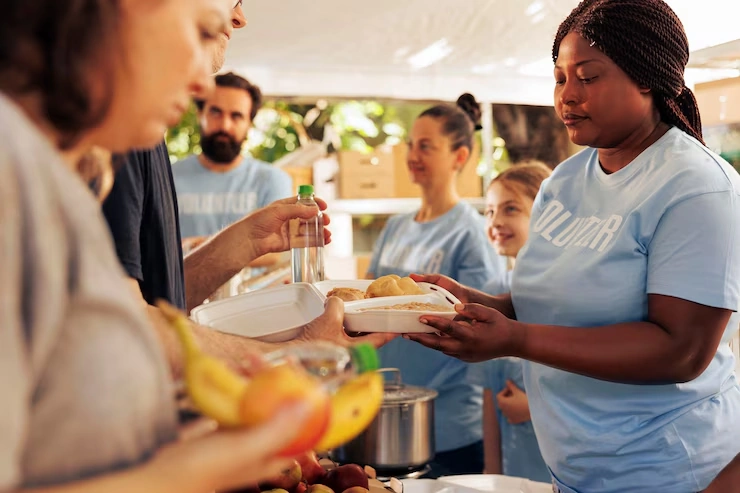
Flood zones in Canada. Migrant shelters across Europe. Tornado recovery camps in the Midwest. Urban crisis sites across the UK. Wherever humanitarian missions operate, food delivery must be structured, scalable, and built to endure pressure.
Our catering systems serve humanitarian organizations responding to displacement, disaster, and recovery. Whether you’re operating under UN OCHA frameworks, Red Cross field bases, USAID missions, or local community response programs, we build food infrastructure that supports teams, meets compliance standards, and delivers consistent nutrition in unstable environments.
With operations based across London, Brussels, Ottawa, and Washington D.C., our teams are positioned to deliver up to 25,000 hot meals daily, supported by full waste control, mobile kitchen deployment, and live compliance dashboards.
Modular Catering Support For Humanitarian Response
Our modular systems are built to scale with your operation — from temporary shelters in Birmingham to FEMA-coordinated mobile units in Kansas. Every element is field-tested and purpose-built for large-scale relief work in the UK, Europe, USA, and Canada.
Operational Meal Planning
Numbers in humanitarian zones are never static. Populations shift daily as transport becomes available, shelters expand, and emergencies unfold.
Problem
Surge events outpace initial meal forecasts within 24–48 hours.
Solution
We conduct structured ground assessments every 12 hours during active periods. Data is transmitted via satellite to production hubs in London, Montreal, and Chicago, ensuring live updates to meal plans and supply pulls.
Why It Matters
Reduces overproduction and underfeeding. Cuts waste by 19 % and ensures calorie targets stay aligned with changing headcounts.
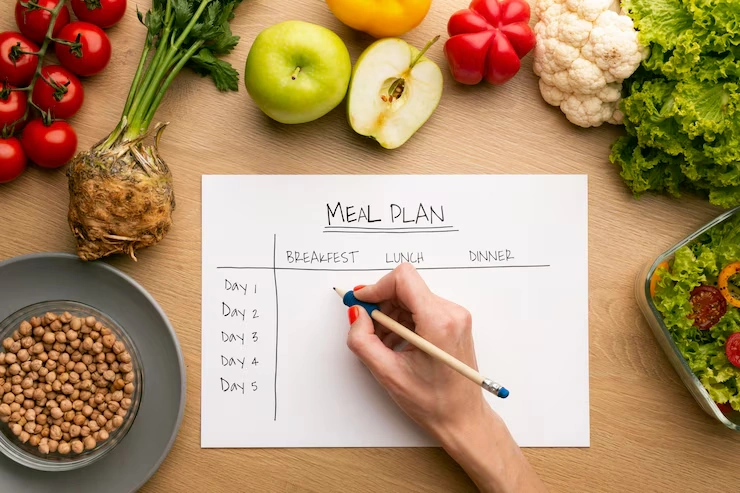
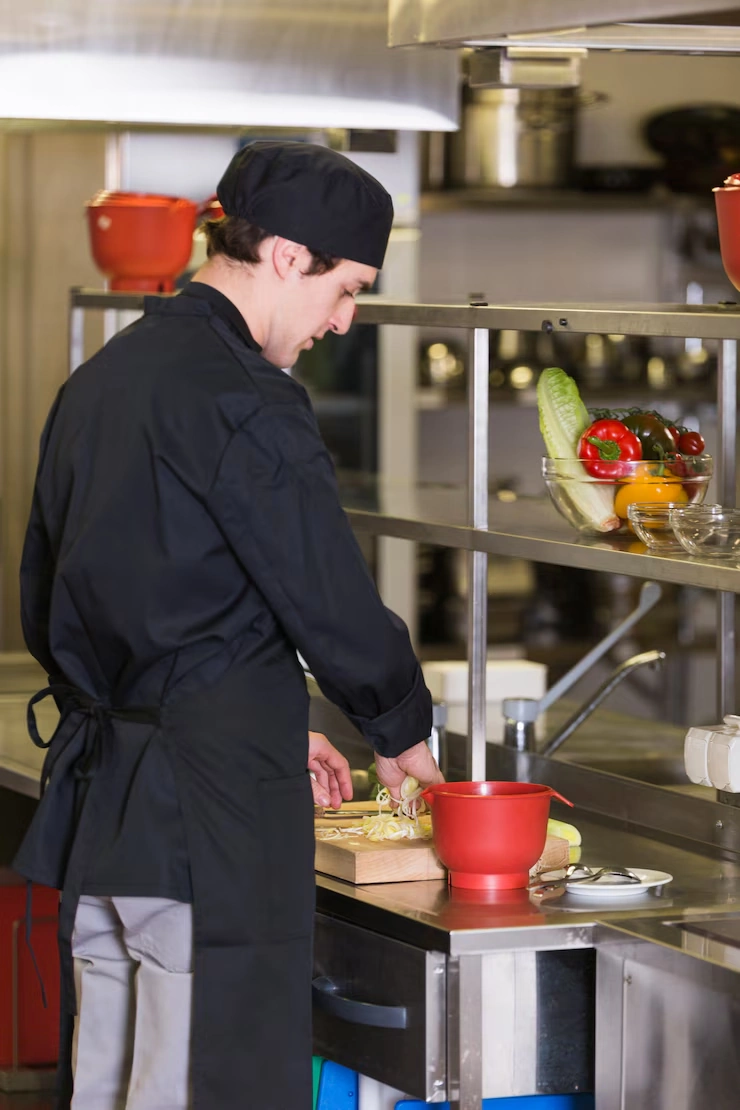
Scalable Field Kitchen Deployment
Fixed infrastructure often fails under pressure. Portable kitchens need to be fuel-secure, regulation-compliant, and ready to serve thousands daily.
Problem
Shelter-based kitchens can’t manage long-term surge capacity.
Solution
We deploy ISO-standard container kitchens from central staging points in Birmingham, Brussels, New York, and Ottawa. Each kitchen is self-powered, cold-chain supported, and capable of producing 2,000–2,500 meals per hour.
Why It Matters
Delivers volume consistently with temperature compliance above 63 °C / 145 °F across all regions.
Queue Flow and Distribution Control
Food distribution isn’t just about serving. It’s about safety, pace, and protecting vulnerable populations.
Problem
Unstructured queues create long waits, disorder, and potential escalations.
Solution
We use crowd-control lane kits, barcode meal verification, and time-slotted wristbands to serve populations in 15-minute service windows.
Why It Matters
Serves 1,100 people per hour per lane with minimal incidents or service delays.
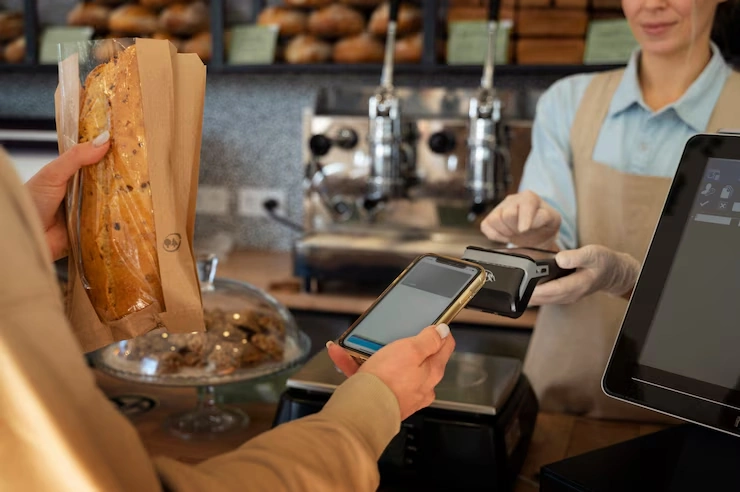

Faith and Allergy-Compliant Meal Lines
Serving diverse populations requires the safe, separate handling of halal, kosher, vegetarian, gluten-free, and allergen-free meals.
Problem
Cross-contact or lack of clear labeling leads to health risks and compliance issues.
Solution
Colour-coded trays, isolated prep areas, and sealed containers are used in UK, EU, US, and Canadian field kitchens. Staff rotate through quarterly allergen and cultural training.
Why It Matters
Delivers 100 % dietary compliance with allergen exposure below 5 ppm, helping avoid medical interventions or audit failures.
Water & Hydration Stations
Dehydration is a common risk in shelters and crisis zones, especially in summer conditions across the southern US or emergency shelters without reliable water access.
Problem
Limited hydration leads to exhaustion, poor response performance, and medical flags.
Solution
Chilled hydration dispensers provide fortified electrolyte drinks at 5 °C, with temperature logs sent every 60 seconds to a live dashboard.
Why It Matters
Cuts heat-related illness rates by 21 %, extending volunteer and responder readiness during long shifts.
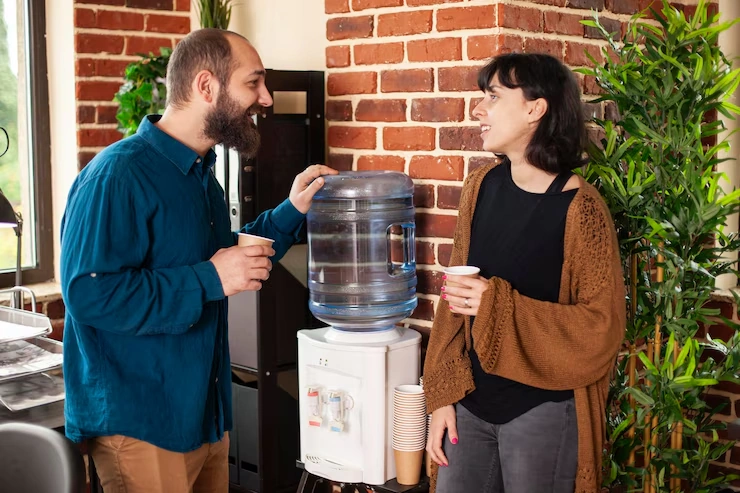
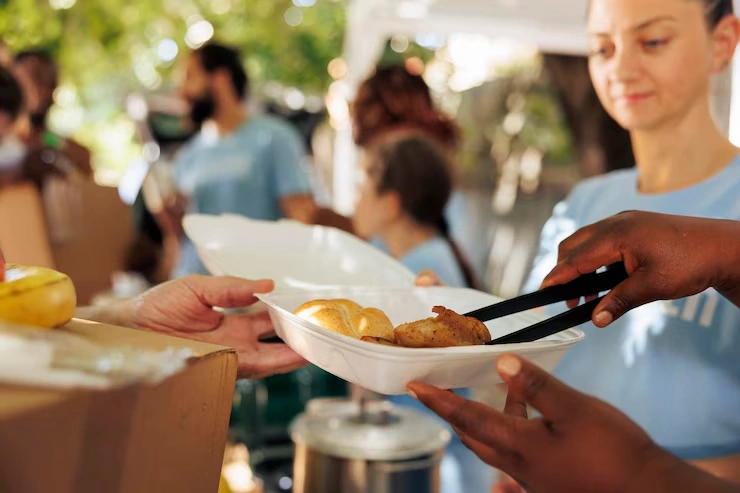
Local Crew Meal Delivery
Field staff, medical volunteers, and interpreters often skip meals when required to queue with the general population.
Problem
Operational personnel miss nutrition windows due to logistics constraints.
Solution
We run responder-specific food cart schedules. Thermal units keep meals above safe heat for 3+ hours and align with shift cycles.
Why It Matters
Adds 90 minutes of shift coverage per staff member and increases productivity at peak hours.
Waste Processing and Grey-Water Management
Improper food disposal or wastewater handling creates pest risks and breaches safety standards in shelters, schools, or urban relief sites.
Problem
Food waste and grey water overwhelm local waste systems and trigger health concerns.
Solution
We bring mobile digesters and filtration units meeting EU Category 3 and EPA grey-water reuse guidelines. Solid waste is processed on-site, reducing haul-off dependency.
Why It Matters
Cuts landfill volume by 41 % and passes regional health inspections without incident in UK, EU, and North American deployments.

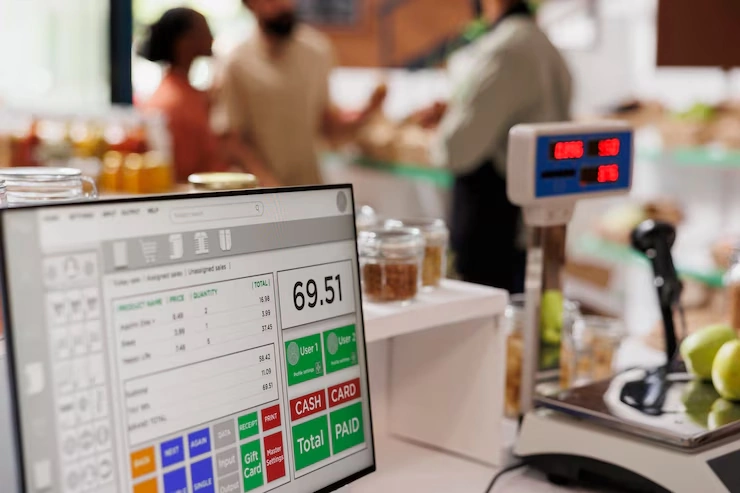
Compliance Dashboards and Audit Readiness
Humanitarian missions often require immediate, accurate reporting — especially when tied to international grants, public scrutiny, or government oversight.
Problem
Delayed or paper-based logs slow down reporting, reconciliation, and compliance reviews.
Solution
All compliance data is fed into a centralized dashboard that meets WFP, ECHO, USAID, DFID, and Public Safety Canada reporting formats.
Why It Matters
Speeds up audit timelines by 33 % and reduces financial delays from grant-retaining organizations.
Why Humanitarian Teams Choose Our Framework
When serving displaced families, post-disaster survivors, or medically vulnerable groups, food delivery is non-negotiable. Your team needs nutrition served fast, safely, and in ways that pass inspections and uphold dignity.
Our catering systems integrate into your humanitarian supply chain — not disrupt it. From post-flood food response in Yorkshire to long-term meal support in Canadian resettlement shelters, we provide more than food. We provide order.
- 99 % SLA Accuracy — meals delivered on schedule and tracked digitally
- Cross-Border Compliance — HACCP, FDA, EFSA, CFIA, and WHO-aligned protocols
- Live Analytics — waste volumes, cost-per-cover, meal counts updated hourly
Reserve A Deployment Window — Priority Slots Book Quickly For UK, EU, US, and Canada
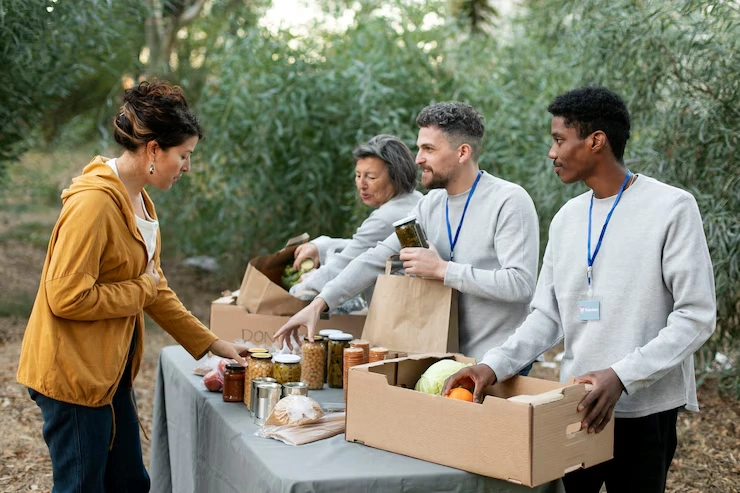
FAQs
We scale to serve up to 25,000 meals per day across multiple kitchens in UK, Europe, USA, and Canada.
Yes. With kitchens and depots in all four regions, we routinely deliver to concurrent missions.
We separate lines physically and assign designated staff to avoid cross-contact. Colour-coded trays and sealed packaging add an additional safety layer.
£4.70 (UK), €5.40 (Europe), $6.00 (USA), CAD 7.70 (Canada). Includes staff, logistics, food, and audit reporting.
Yes. All data is logged live, with meal counts, allergens, calorie totals, and costs available for field leads and compliance officers.
Ready To Keep Your Mission Fed And Focused?
Food is not optional in a humanitarian response. It’s essential infrastructure. With scalable kitchens, documented workflows, and genuine-time reporting across the UK, Europe, USA, and Canada — we support your mission without slowing it down.


